Vaginal parasitic infection; Everything you need to know
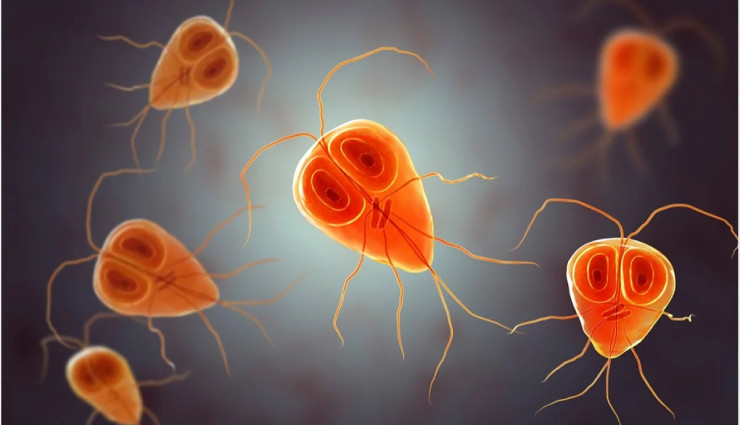
Parasitic infection is a type of disease caused by organisms living in other organisms’ bodies. It may be caused by contact with contaminated food, water, or surfaces, insect bites, or consumption of undercooked meat. Symptoms may include fever, fatigue, digestive symptoms, skin rashes, or neurological symptoms. Please stay with us until the end of the article to learn more about parasitic infection and its diagnosis and treatment methods.
What is a parasitic infection?
A parasitic infection is any disease or condition caused by parasites that live and reproduce in your body. Parasites are organisms that need another organism or host to feed and survive. Parasitic infection usually causes gastrointestinal disease with symptoms such as diarrhea and vomiting. Additionally, it can cause itchy rashes or infections in other parts of the body, such as the brain or lungs.
Types of parasitic infections
Parasitic infections can cause various diseases in humans. These infections range from the simplest to the most complex forms, from protozoa that have only one cell and can cause illness in the blood, digestive tract, brain, skin, eyes, and other parts of the body to helminths or parasitic worms that can cause infection in the digestive tract and other body tissues.
Finally, three main types of parasites cause infection in humans, including:
- Protozoa: Protozoa are single-celled parasites. These parasites can infect the blood, digestive tract, brain, skin, eyes, or other body parts.
- Helminths: It is a general word for parasitic worms, which were later divided into different categories of worms: fluke (terminator), tapeworm (cystode), roundworm (nematode), and tapeworm (acanthocephalan). Both adult and immature (larvae) helminths can infect you. Helminths usually cause infection of the digestive tract. Still, they can also cause skin, brain, and other body tissue diseases.
- Ectoparasites include insects and arachnids (spider-like insects) that enter and live in your skin. Ticks, lice, and fleas belong to this group and usually do not cause infection in other body parts.
The most common parasitic infections
Parasitic infections are a global health problem that affects millions of people. These infections, which can cause various diseases, often occur due to improper hygiene.
Some parasitic infections are more common, including:
- Trichomonas (vaginal parasitic infection);
- malaria ;
- toxoplasmosis ;
- head lice;
- giardiasis;
- needle worm
There are other parasitic infections, including:
- cryptosporidiosis;
- cyclosporiasis;
- cystic necrosis;
- Strongyloidiasis;
- tapeworm infection;
- Chagas disease;
- leishmaniasis;
- Schistosomiasis.
Symptoms of parasitic infection
Symptoms of parasitic infection depend on the area affected by the infection. Some symptoms are common, including:
- Fever;
- Muscular pain;
- fatigue;
- nausea ;
- Vomit;
- diarrhea
Depending on the area involved, you may have other symptoms, including:
- Neurological symptoms such as seizures, severe headache, or disorientation;
- Skin symptoms such as redness, itching, rashes or sores.
Sometimes, parasitic infections progress so that they do not show specific signs or symptoms. This means that a person can be infected with parasites but not notice any significant changes in their general condition.
How to get a parasitic infection
You may develop a parasitic infection for several reasons, including:
- drinking contaminated water or entering your mouth;
- consumption of half-cooked meat;
- consuming contaminated food (such as washing food with contaminated water);
- insect bites or ticks or other insects carrying parasites;
- contaminated surfaces;
- unprotected sex;
- Contaminated dust.
Some parasitic infections can be transmitted from the pregnant mother to the fetus, including toxoplasmosis and cysticercosis.
Risk factors of parasitic infections
Some parasitic infections like pinworms are shared all over the world. Some parasitic infections are common in some regions of the world due to the lack of sanitary systems. Also, some people are more susceptible to parasitic infection, including:
- Children and their parents or guardians;
- People with immune system problems, such as people with AIDS, cancer, or people who use immunosuppressive drugs.
Diagnosis of parasitic infection
Symptoms of parasitic infection can be similar to other infectious diseases. For this reason, you should see a doctor to diagnose the disease. A doctor diagnoses a parasitic infection by examining the infection in body fluids and tissues. For this, samples may be taken from different parts of the body, including:
- feces;
- Blood;
- skin or other tissues involved;
- sputum
- Cerebrospinal fluid.
Depending on your symptoms, other tests, such as X-ray, MRI, or CT scan, may also be used to diagnose a parasitic infection.
Treatment of parasitic infection
Doctors prescribe different drugs to treat different parasitic infections, including:
- Antiparasitic drugs (anthelmintic or antiprotozoal);
- Antibiotics ;
- Antifungal.
Sometimes, you may need a combination of different medications to treat the infection. The doctor prescribes the best treatment according to your specific disease. Some parasitic infections can only be cured with medication or a combination. Some skin infections, ticks, and lice are treated with leucine and shampoo.
Prevention of parasitic infection
There are a few things you can do to reduce your chances of getting a parasitic infection, including:
- Please wash your hands regularly. It is essential to wash your hands when preparing food, before eating, after going to the bathroom, and when changing diapers.
- Don’t swim when you have diarrhea: Allow at least two weeks for your diarrhea to clear before swimming in public pools.
- Practice healthy eating habits: properly store food, heat meat, and wash and peel fruits and vegetables before eating.
- Use a condom or other protective method before having sex.
- To protect yourself from insect bites, wear appropriate clothing, apply insect repellent, and sleep under a mosquito net if necessary.
- Be an informed traveler: Be aware of infectious diseases at your destination and follow safety measures. Sometimes, taking preventive medicines or getting vaccinated is necessary before traveling to the desired area.
Time to see a doctor
If you have symptoms of a parasitic infection, see your doctor and provide the doctor with the necessary information, including:
- recent trip;
- Bites by ticks, insects;
- Swimming in water that may be contaminated;
- Eating or drinking food that may be contaminated.
Also, go to the emergency room if you have severe symptoms, including:
- fever above 40 degrees Celsius;
- convulsions;
- Confusion or disorientation;
- jaundice;
- Dehydration symptoms include extreme thirst, little urine, weakness, or high heart rate.
Vaginal parasitic infection
Trichomonas is the most common non-viral sexually transmitted infection in the world. Since trichomonas affects primarily women, it is also known as vaginal parasitic infection. Anyone who has sex can get trichomonas. A parasite causes Trichomonas infection, and most people with it have no symptoms.
Notes on trichomonas
- Trichomonas is not related to poor hygiene but is transmitted through sexual intercourse.
- Urinary tract infection does not cause trichomonas.
- As soon as the genital area is infected with Trichomonas, your anus, mouth, and hands will also be infected.
- Trichomonas is contagious. Infected people who are not aware of their disease can transmit this disease.
Trichomonas symptoms
One of the reasons for the high prevalence of trichomonas is that it usually has no symptoms. Because of this, you may spread the disease to another person before you notice it. Symptoms of the disease typically appear 5 to 28 days after contact with the parasite.
Trichomonas symptoms in men
- foamy secretions from the penis;
- burning after ejaculation or pain after urination;
- Irritation or itching inside the penis.
Symptoms of vaginal parasitic infection in women
Women notice more symptoms than men, including:
- Thin (or frothy) white, yellow, or greenish-smelling vaginal discharge;
- irritation, pain, and redness around the vagina;
- Pain and discomfort during sex or urination.
The way of transmission of Trichomonas
Once infected, the infection can be spread to others in several ways, including:
- sexual intercourse;
- anal intercourse;
- Oral intercourse;
- Touching the genital area (skin contact).
Note that trichomonas is not transmitted through sharing food and drink, kissing, shaking hands, and other non-sexual contact.
Trichomonas side effects
Untreated trichomonas can increase the risk of contracting HIV. Untreated HIV can lead to AIDS. Women with trichomonas and AIDS can transmit it to their sexual partners.
Diagnosis of vaginal parasitic infection
The doctor uses different methods to diagnose the disease, including:
- Clinical examination: The doctor examines your genital area and your symptoms. This test for women consists of a pelvic exam and sampling of vaginal fluids. Your cervix may look like a strawberry, a sign of trichomonas.
- Laboratory test: To check for signs of infection, the doctor observes the vaginal or penile secretions of men under a microscope. He may also send the sample to a laboratory for a more detailed examination.
If you have trichomonas, your doctor may also check for a sexually transmitted infection. In some cases, the doctor may prescribe antibiotics without examination. This is usually when your partner has an infection, and you are exposed to it.
Trichomonas treatment
Trichomonas is 100% curable. Trichomonas is treated with antibiotics to kill the parasite causing the infection. Trichomonas may persist for months or years without treatment and not go away independently. As long as you have the infection, you can pass it on to your sexual partner. For this reason, it is necessary to treat both people to prevent the disease from returning.
Medicine related to trichomonas
Oral antibiotics kill Trichomonas. Your doctor may prescribe metronidazole or tinidazole. There are a few things to keep in mind during treatment, including:
- Metronidazole for women should be prescribed for 7 days, while a single dose of the same drug cures about 95% of men;
- To prevent the infection from returning, you and your sexual partner should both be treated;
- You should avoid sexual intercourse for a week after the end of the medicine so that the parasite is ultimately killed and the symptoms of the disease disappear. Early sex can cause the infection to return;
- You should see a doctor after three months to ensure no infection.
Side effects of treatment
Avoid drinking alcohol together with tinidazole and metronidazole. The combination of these things can cause severe nausea and vomiting and increased heart rate. It is also possible that using medicine causes heartburn or a metallic taste in the mouth.
Prevention of trichomonas
If you have sex, follow some tips to prevent vaginal parasitic infection, including:
- Use a condom;
- Get tested for sexually transmitted diseases and trichomonas regularly;
- If you have trichomonas or a sexually transmitted infection, treat it;
- If you have trichomonas, ask your sexual partner to test;
- Have a sexual partner.
The return of Trichomonas
If you have trichomonas, you may get it in the next three months. Both you and your sexual partner should be treated to prevent the infection from returning. After completing the treatment period, delay sexual intercourse for a week until the symptoms disappear entirely.
Time to see a doctor
See a doctor if you have any symptoms, including:
- unusual vaginal or penile discharge;
- foul-smelling secretions;
- irritation or itching of the genital area;
- redness, burning, or swelling of the vagina;
- Painful sex.
Trichomonas and pregnancy
If you are pregnant or breastfeeding and have trichomonas, you can use metronidazole for treatment. Untreated trichomonas can carry risks, including:
- Premature birth (under 37 weeks);
- Low birth weight.
The difference between Trichomonas and Chlamydia
Trichomonas and chlamydia are two different types of pathogens that cause sexually transmitted infections.
Trichomonas or Trichomonas vaginalis is a single-celled parasite that causes trichomoniasis. It is the most common human protozoan infection in industrialized countries. Trichomoniasis is a common but treatable sexually transmitted disease (STD). Most people with trichomoniasis have no symptoms and do not know they have it.
Chlamydia, on the other hand, is a bacteria that causes sexually transmitted infections. Chlamydia can cause symptoms such as abnormal discharge and pain when urinating. In some cases, chlamydia can cause more severe infections, including pelvic inflammatory disease and infertility. As with trichomonas, many people with chlamydia have no symptoms.
Both of these infections can be sexually transmitted, and both are treatable. You should see a doctor if you or your partner have symptoms of these infections. These infections are usually treated with antimicrobial drugs.
you say
How familiar are you with parasitic infection? Have you ever suffered from this disease? You can write about your experience and opinion in the comments section and share this article through social networks.
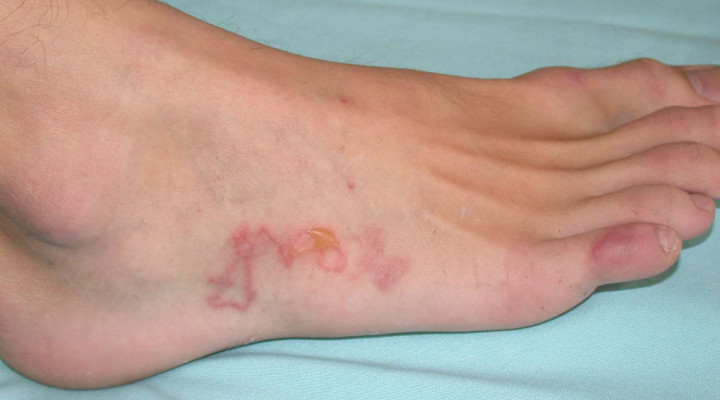
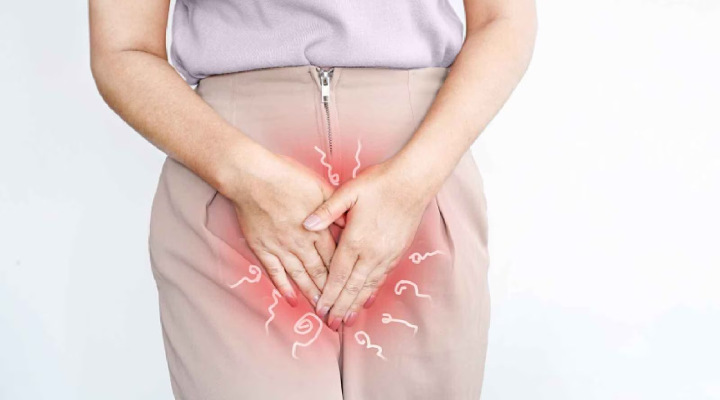
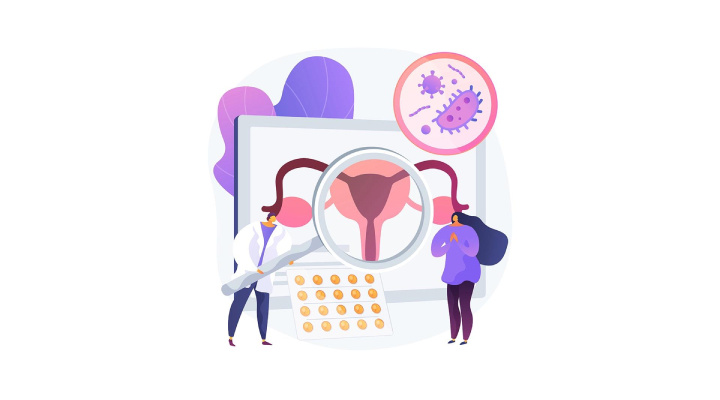
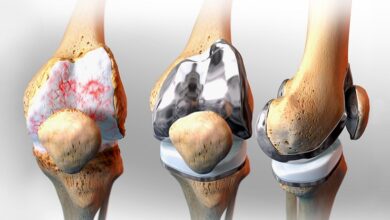


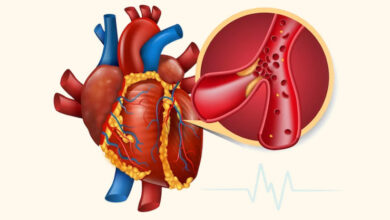


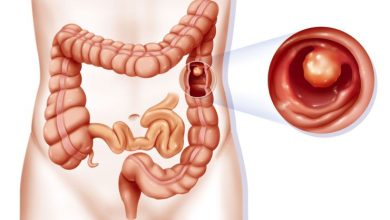
Fantastic site Lots of helpful information here I am sending it to some friends ans additionally sharing in delicious And of course thanks for your effort
I loved as much as you will receive carried out right here The sketch is attractive your authored material stylish nonetheless you command get got an impatience over that you wish be delivering the following unwell unquestionably come more formerly again since exactly the same nearly a lot often inside case you shield this hike
you are in reality a just right webmaster The site loading velocity is incredible It seems that you are doing any unique trick In addition The contents are masterwork you have performed a wonderful task on this topic
Seção atraente de conteúdo Acabei de encontrar o seu blog e na capital de acesso para afirmar que realmente gostei das postagens do seu blog. De qualquer forma, estarei assinando o seu aumento e até espero que você acesse de forma consistente e rápida